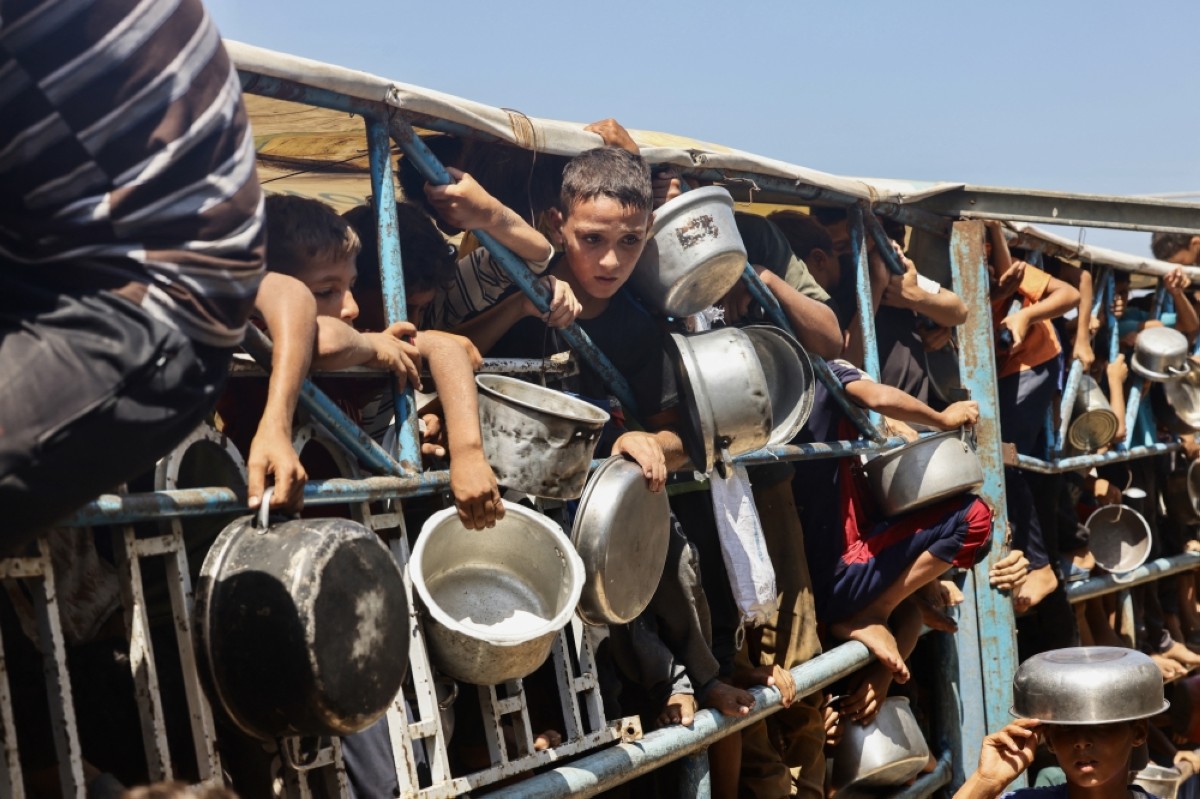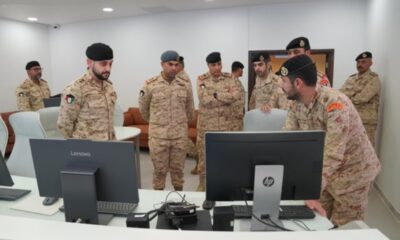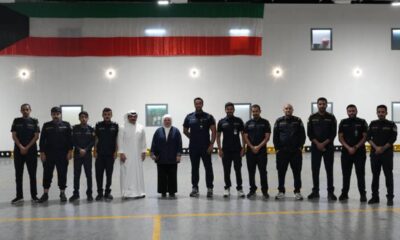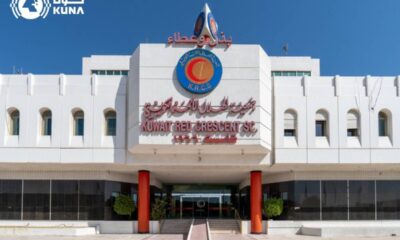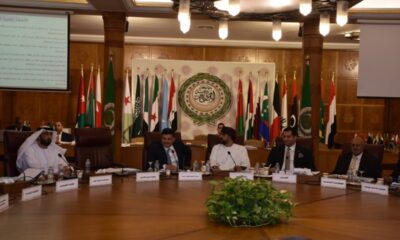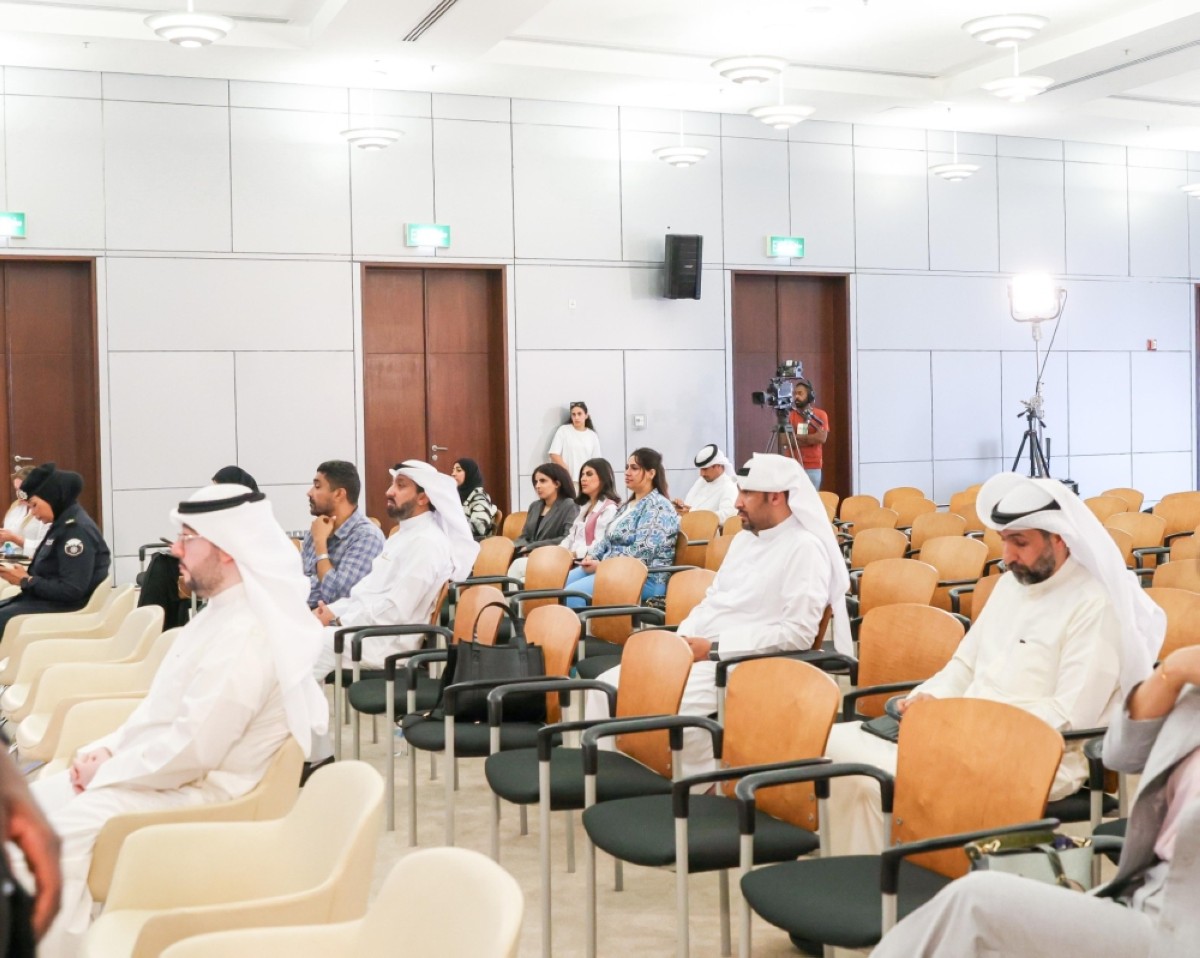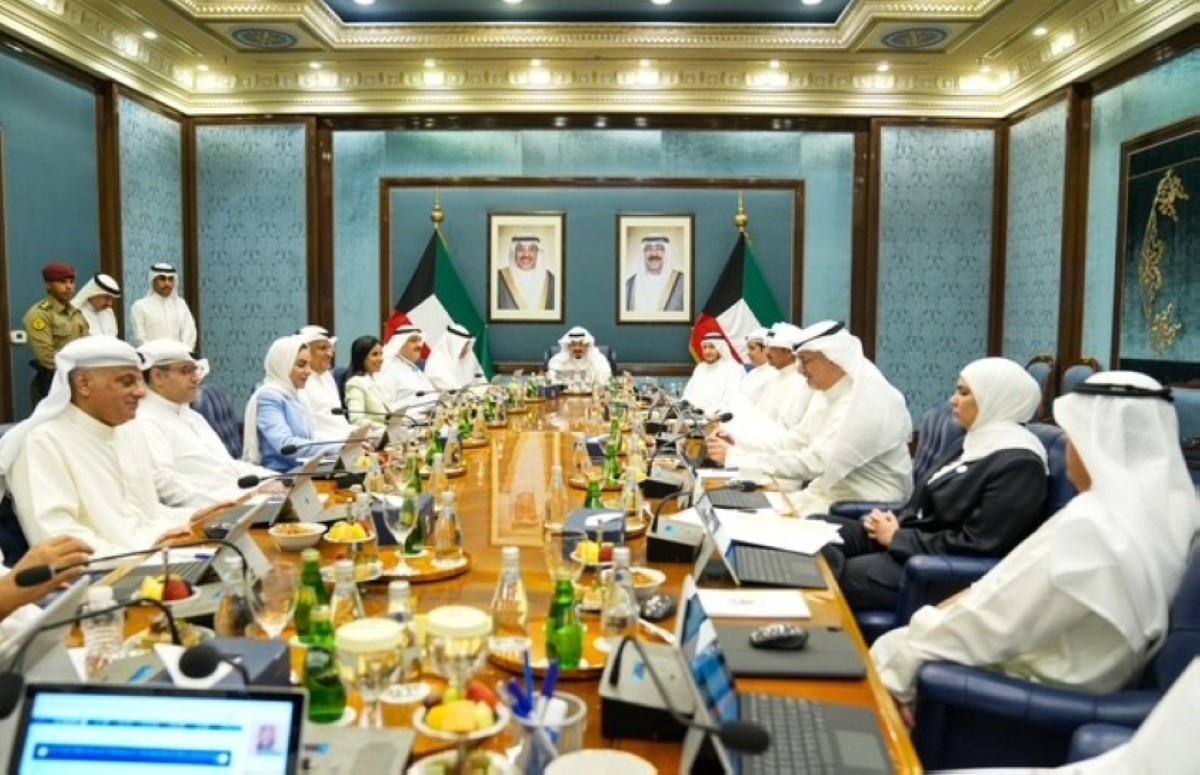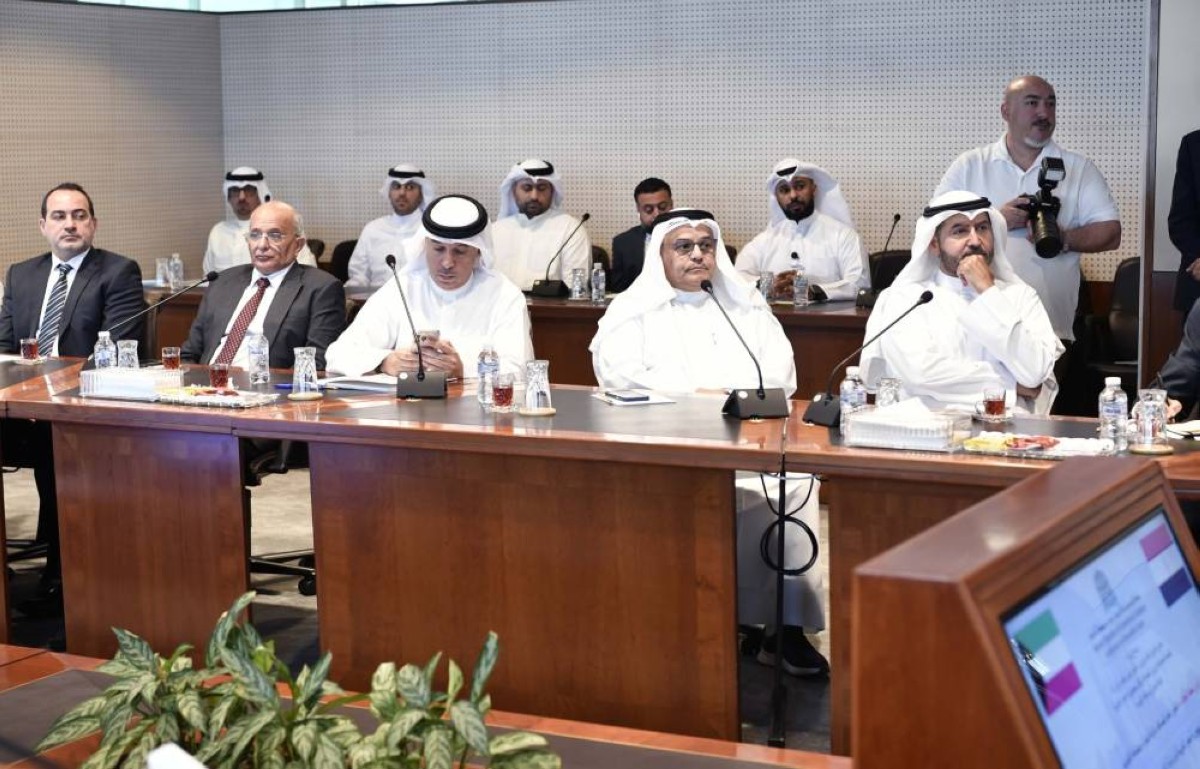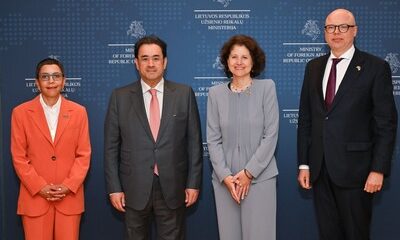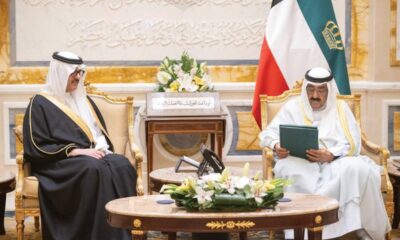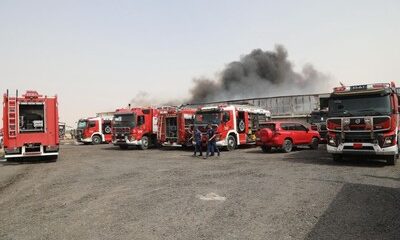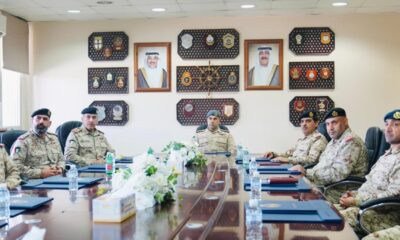KUWAIT: The Ministry of Health (MoH) is committed to delivering world-class specialized medical services in a safe and advanced healthcare environment as part of its strategy to embrace global expertise and invest in training national medical cadres, said ministry spokesperson Dr Abdullah Al-Sanad on Wednesday. Speaking at a press conference held at the Government Communication Center, Dr Al-Sanad reviewed the ministry’s latest projects and achievements, including digital service enhancements and expansions in medical infrastructure across Kuwait.
He noted that several major projects are already operational or set to open soon, including the Al-Mutlaa Emergency Center, the Infectious Diseases Hospital and the Kuwait Cancer Control Center. The Obstetrics and Gynecology Department has also been relocated from Al-Adan Hospital to the newly established Maternity and Childhood Hospital. Al-Sanad highlighted progress on the new Al-Adan Hospital project, comprising nine buildings providing various healthcare services. He elaborated on the ministry’s ongoing approach of developing specialized medical cities, such as the Ahmadi and Al-Sabah medical zones, which aim to offer integrated care through clusters of specialized hospitals within specific geographic areas, minimizing patient travel and enhancing healthcare accessibility.
Among other key initiatives, Al-Sanad announced the launch of the First Responder Project on July 10. The project features 28 medical units that handled 70 emergency cases during their first week of operation. He described the project as a significant upgrade to Kuwait’s emergency response system and a step toward improving response times and care quality. The Visiting Doctors Program continues to expand, with 140 specialists visiting Kuwait to offer high-level medical care and contribute to training local staff. This initiative reflects the ministry’s strategy of leveraging international medical expertise while enhancing local capabilities.
KUWAIT: Medical experts and participants are pictured during the press conference. Ministry spokesperson Dr Abdullah Al-Sanad said the Ministry of Health is committed to delivering world-class specialized medical services in a safe and advanced healthcare environment as part of its strategy to embrace global expertise and invest in training national medical cadres. – KUNA
Further developments include the inauguration of a new MRI wing at Al-Razi Hospital, which doubled diagnostic capacity, and the opening of a medical center at the Nuwaiseeb border crossing. Al-Sanad added that 13 specialized health centers have been established at all border points, and 20 defibrillator devices have been installed at Kuwait International Airport to improve emergency response times for cardiac arrest cases. To support this initiative, a training program has been launched in coordination with relevant authorities to ensure airport staff can effectively use the devices.
The ministry’s emergency departments handled around 200,000 cases in January 2025 alone, Al-Sanad said, noting that 117 primary care centers operate across the country. Of these, 30 percent are open 24/7, 30 percent operate until midnight on weekdays, 9 percent until midnight daily, and 28 percent close at 9 pm from Sunday to Thursday. In terms of outpatient services, Kuwait currently operates 38 maternity and childhood clinics, 72 mental health clinics, 35 preventive health centers, 20 ophthalmology clinics, and 18 ENT clinics.
Emergency medical services responded to 86,860 urgent and non-urgent cases in the first half of 2025. Ambulances transported 72,236 patients, including 50,301 urgent cases, 21,935 non-urgent cases, 5,068 traffic accident victims, and 420 airlifted patients. Another 35 patients were transferred via medical evacuation, and 196 cases were handled at border crossings. Traffic accident reports have also shown a decline since the implementation of the new traffic law in May. The ministry recorded 902 accident cases in January, 903 in February, 908 in March, 889 in April, 753 in May and 701 in June — a reduction of 357 cases in two months.
On the digital transformation front, Dr Al-Sanad emphasized that the Ministry is advancing its digital services to streamline healthcare access and reduce patient load at clinics. He said 23 services are now available on the government’s “Sahel” app, benefitting over 338,000 users during the first half of 2025. Since the launch of the ministry’s electronic “Patient” system in October 2023, more than 3.9 million users have accessed digital health services. This shift has helped decrease visits to primary health centers from over 15.5 million in 2022 to 13.2 million in 2024.
Efforts in early disease detection are also expanding, with 13,530 women undergoing breast cancer screening since 2023. The number of applicants for early detection reached 1,114 in 2023, 8,141 in 2024, and 4,275 during the first half of this year. The home care program for bedridden patients also continues to grow, with 872 patients receiving care in the first half of 2025. Al-Sanad revealed plans to soon launch home care services for bedridden children as part of ongoing efforts to expand comprehensive healthcare delivery. — KUNA



